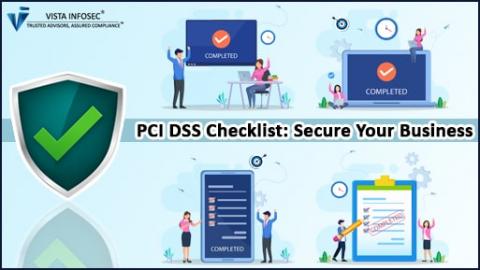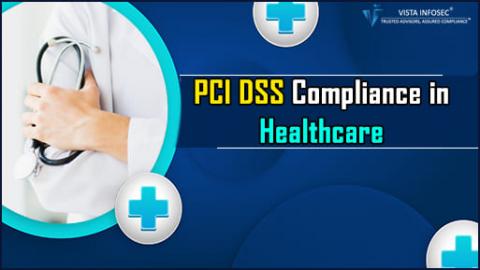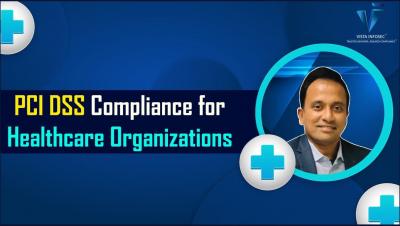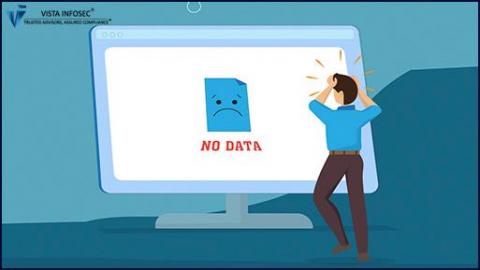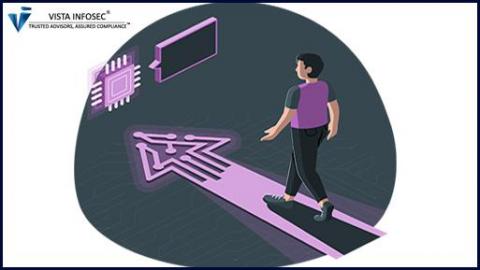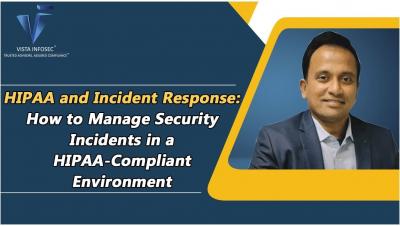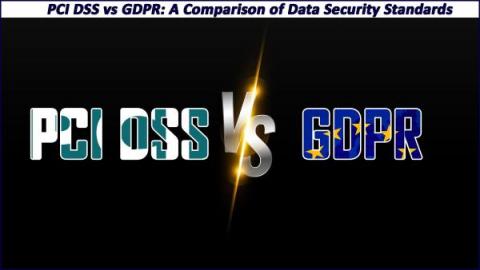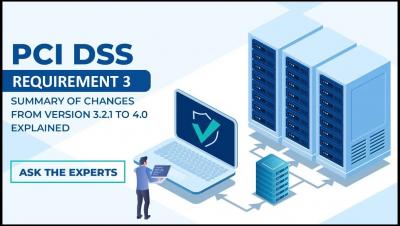Impact of Cyber Attacks on Small Businesses
Your business is at high risk if you have no security measures. A cyber attack can cause devastating financial damage to your business, including legal liabilities. Cyberattacks can result in lasting adverse repercussions on the reputation of your network security, as clients and customers can lose faith in your business if their personal data gets leaked.



